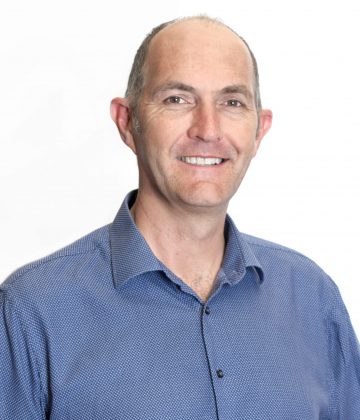A new guideline for onsite wastewater management
The Environment Protection Authority Victoria (EPA) has published a new guideline for onsite wastewater management which replaced EPA Publication 891.4: Code of Practice – onsite wastewater management.
Onsite wastewater management systems (OWMS), also known as septic systems, are used on residential, community and business premises to treat sewage or other human-derived wastewater, which is then disposed of, or recycled.
 RMCG has supported the EPA to develop the guideline and gain feedback from a wide range of stakeholders including local government, water corporations and OWMS industry representatives on what worked well in the previous Code of Practice and areas for improvement.
RMCG has supported the EPA to develop the guideline and gain feedback from a wide range of stakeholders including local government, water corporations and OWMS industry representatives on what worked well in the previous Code of Practice and areas for improvement.
Why do we need a guideline for OWMS?
The guideline is an invaluable reference document that outlines a risk-based approach to managing OWMS and provides links to other useful information.
Put simply, it provides a comprehensive overview of the process for planning, designing, installing, operating, and maintaining OWMS.
The guideline provides support in meeting regulatory requirements for OWMS under the Environment Protection Act 2017 and Environment Protection Regulations 2021. This includes the general environmental duty (GED), A20 permit requirements (for systems under 5,000 litres) and obligations for the operation and maintenance of OWMS.
Most importantly the guideline explains how to minimise the risks to human health and the environment for:
- OWMS in unsewered and sewered areas, including greywater systems
- OWMS for single or multi-dwelling premises – including residential, commercial, industrial or community facilities (these include, but are not limited to schools, campgrounds, cafes, wineries, conference centres and public facilities).
The new guideline will play a crucial role in managing the risks of a failing OWMS. If these systems are not used properly, they can lead to poorly treated wastewater entering the environment, which has the potential to pollute waterways, including surface water and groundwater.
A failing OWMS can impact water used for the supply of drinking water and may contribute to the spread of diseases by direct or indirect exposure to human pathogens.
Who will use the guideline
The guideline supports:
- Onsite wastewater professionals, such as plumbers and land capability assessors
- Regulators, including local government
- Water corporations
- Property owners and occupiers.
Access the EPA’s Guideline for onsite wastewater management.
Find out more about RMCG’s work in water




